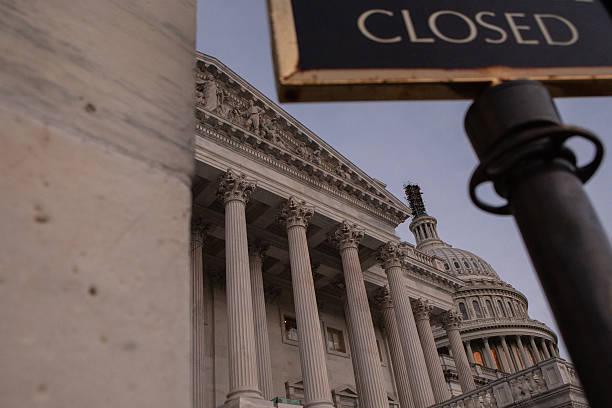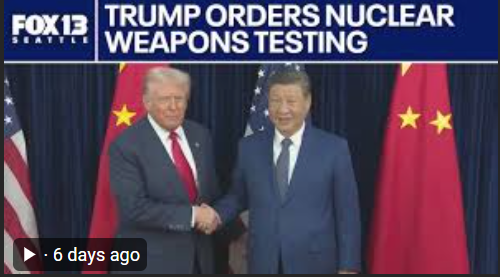After the recent presidential election, many Americans are likely wondering how the Electoral College works, so let’s unpack it here.
The Electoral College isn’t a physical place but a process for selecting the president and vice president. This process involves the nomination of electors by each state who cast official votes for offices. Congress then counts these electoral votes.
Unlike other U.S. elections where the candidates are elected by popular vote, the presidential election isn’t directly voted by the citizens. Instead, they are chosen through the Electoral College. Each state is allotted a certain number of electors that equal the total number of members in Congress (senators and representatives), including three electors for Washington DC, making a total of 538 electors. Each political party in a state chooses its own set of potential electors, though how these individuals are selected varies on a state-by-state basis.
The second step happens during the general election when voters cast their ballots for the presidential candidate of their choice. In doing so, voters technically choose their state electors instead of the president. In most states, the electors’ names appear below the presidential candidates on the ballot.
The candidate who earns the most votes in the state general election has their electors chosen as the state’s official electors. Nebraska and Maine, however, work differently as they use a proportional distribution system. In these two states, the winner of the statewide popular votes receives two electoral votes, while the congressional district winner earns one electoral vote.
There is no federal law or constitutional requirement that electors vote according to their state’s popular vote. However, many states have laws requiring electors to honor the popular vote outcome. These laws typically fall into two categories: electors bound by state law and those bound by pledges to their political party.
The U.S. Supreme Court has ruled that the Constitution has ruled that the state may “penalize an elector for breaking his pledge and voting for someone other than the presidential candidate who won his State’s popular vote.”

















Mia Payette • Dec 18, 2024 at 8:58 am
This article explained the Electoral College well! very informative for the recent election!